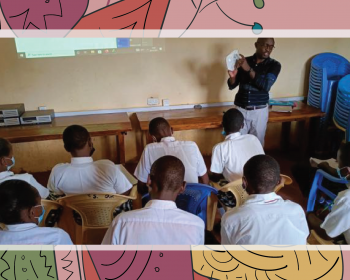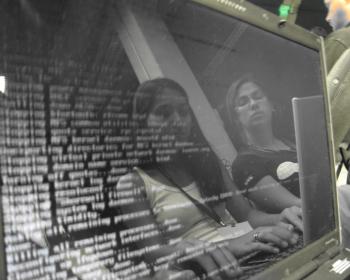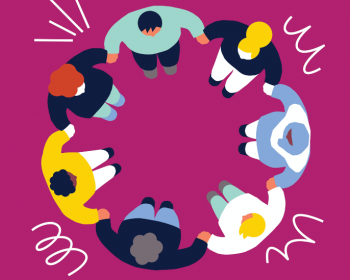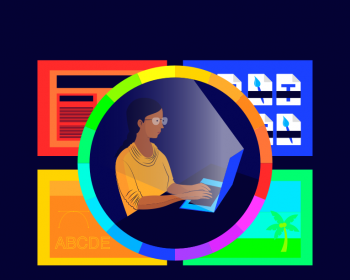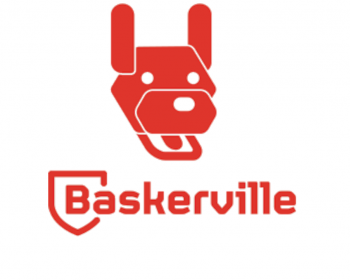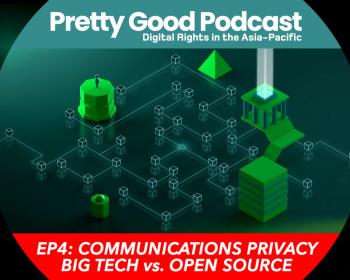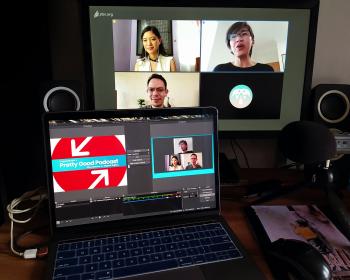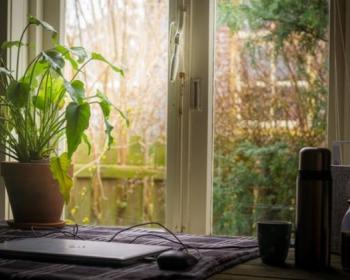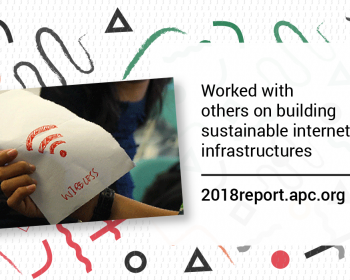floss
In many parts of East Africa, lack of connectivity has a big impact on education, especially among the most vulnerable. Addressing this is the goal of Kenya-based organisation Arid Lands Information Network, whose latest project provided teachers and schools with open educational resources.
The Wikipedia gender gap has been well documented for a decade. But are women in the Wikimedia movement in the same situation as a few years ago? What has changed and what still needs to be done?
The purpose of this guide is to sparkle conversations within the open source community and open source project teams. Building a diverse, just and inclusive open source community requires time, introspection, empathy, a desire to learn and willingness to change - ourselves, communities and the processes we are part of.
Code, even when it is open, is not neutral with respect to who contributes and for what. What happens to our contributions when we reveal our gender or sexuality? How can a project in which a significant portion of the work is invisible and not counted really be “free” and open source?
Free/libre and open-source software (FLOSS) offers us the possibility of escaping from an imposed “reality”: that we need to pay for access to certain proprietary software tools. Código Sur shares an overview of various FLOSS alternatives for different types of graphic design and layout work.
Baskerville is a machine operating on the Deflect network that protect sites from hounding, malicious bots. It’s also an open source project that, in time, will be able to reduce bad behaviour on your networks too.
On this episode of Pretty Good Podcast, EngageMedia chats with Simon Harmon and Sam de Silva from the Loki Foundation, makers of the private messaging app Session, on the benefits of and challenges to using secure tools for communications.
King Catoy, video lead at EngageMedia, breaks down the free/libre and open source (FLOSS) tools he used to record EngageMedia’s recently launched video podcast on digital rights in the Asia-Pacific region.
In these difficult and weird times, many people and organisations are adjusting to situations of remote working and working from home. Even for groups who are accustomed to online communications, the switch to full remote working may be a challenge.
Civil society actors, women’s rights and sexual rights advocates have the capacity to confidently use the internet and ICTs, and engage critically in their development. This is a compendium of the highlights from APC's Annual Report for 2018.

Association for Progressive Communications (APC) 2022
Unless otherwise stated, content on the APC website is licensed under Creative Commons Attribution 4.0 International (CC BY 4.0)



